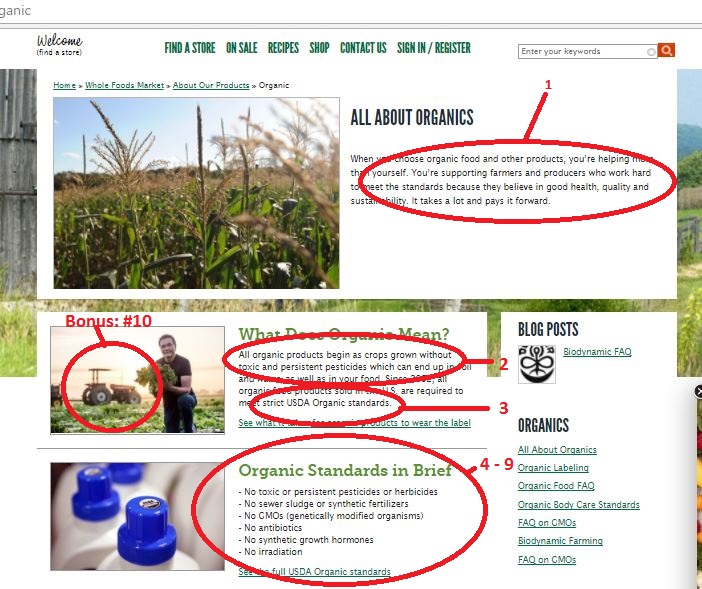The four most important words in science are "that can't be right" and that is what Dr. Van Larebeke thought. So they spent three years examining confounders like breastfeeding differences, higher-fat diets, and more.
He was able to control for some confounders but the alarming toxicity levels correlated to organic food were still significantly higher, even in things like PFAS that environmental groups are worried about. The more "organic" food people consumed, the higher the levels and the difference was greatest from products like eggs, milk, and things like seeds and nuts. Eggs have an obvious explanation. Just like amateur beekeepers who think they are saving bees actually kill a lot more bees than experts, home gardeners are using far more inputs than real farmers - and if they have 'free range chickens' those are eating up all of the excess toxins in use by organic dabblers. Milk and seeds may have a broader problem. The region is so heavy in organic food production that it is causing higher pollution levels, which are impacting organic and normal food consumers alike.
Overuse of chemicals are the problem, not whether or not a chemical has been exempted inside a government agency. Nearly 15 years ago I wrote to all of the "organic certifying" groups in the U.S., nearly 80, asking them to join me in advocating for labels showing all chemicals used in food.
None of them were willing. The truth doesn't pay but deception makes them a $135 billion industry.

The few who even responded said the public didn't need to know about their chemicals because they were certified "organic." Yet I was right at the time for knowing better than organic industry employees about what the public wants. Without being prompted, only 7% of Americans wanted to see the presence of a GMO on a food label, while 76% wanted to know what chemicals were used.
Organic does not mean safe. It certainly does not mean healthy. It may actually mean toxic.
NOTE:
(1) After being created by President Clinton in the 1990s, organic food lobbyists and marketing groups given their own space inside his US Department of Agriculture began to fund environmental groups willing to claim that their products were healthier or more nutritious or better for the environment than modern farming.
Scientists knew it was nonsense but they share a political tribe and as we have seen with biologists when it came to men competing against biological women in sports, academic scientists are either so hopelessly partisan we're sure to lose American leadership in science, or they don't want to get yelled at so they say nothing. That is the only reason so few scientists who say we need to accept evolution and climate change refused to stand against abuses of epidemiology foisted on the public by bad actors working for trial lawyers.
Things are different in Europe. Government pays environmental groups to block progress and there are so many political parties that 94% of academics won't be under the same umbrella. The former keeps science from getting done - it will take a generation for Europe to catch up to America in agricultural science once politicians stop engaging in penalties against modern tools to protect their BASF conglomerate - but the latter means occasionally someone will ask the awkward questions that American academics won't, like, "Is organic food safer?"
Marketing groups certainly claim it is, and people who know so little science they think plants are tiny green people so a weedkiller can cause cancer certainly buy into it. American academics have been mostly unwilling to dispute any of that and get called Corporate Shills by everyone in the humanities buildings.




Comments